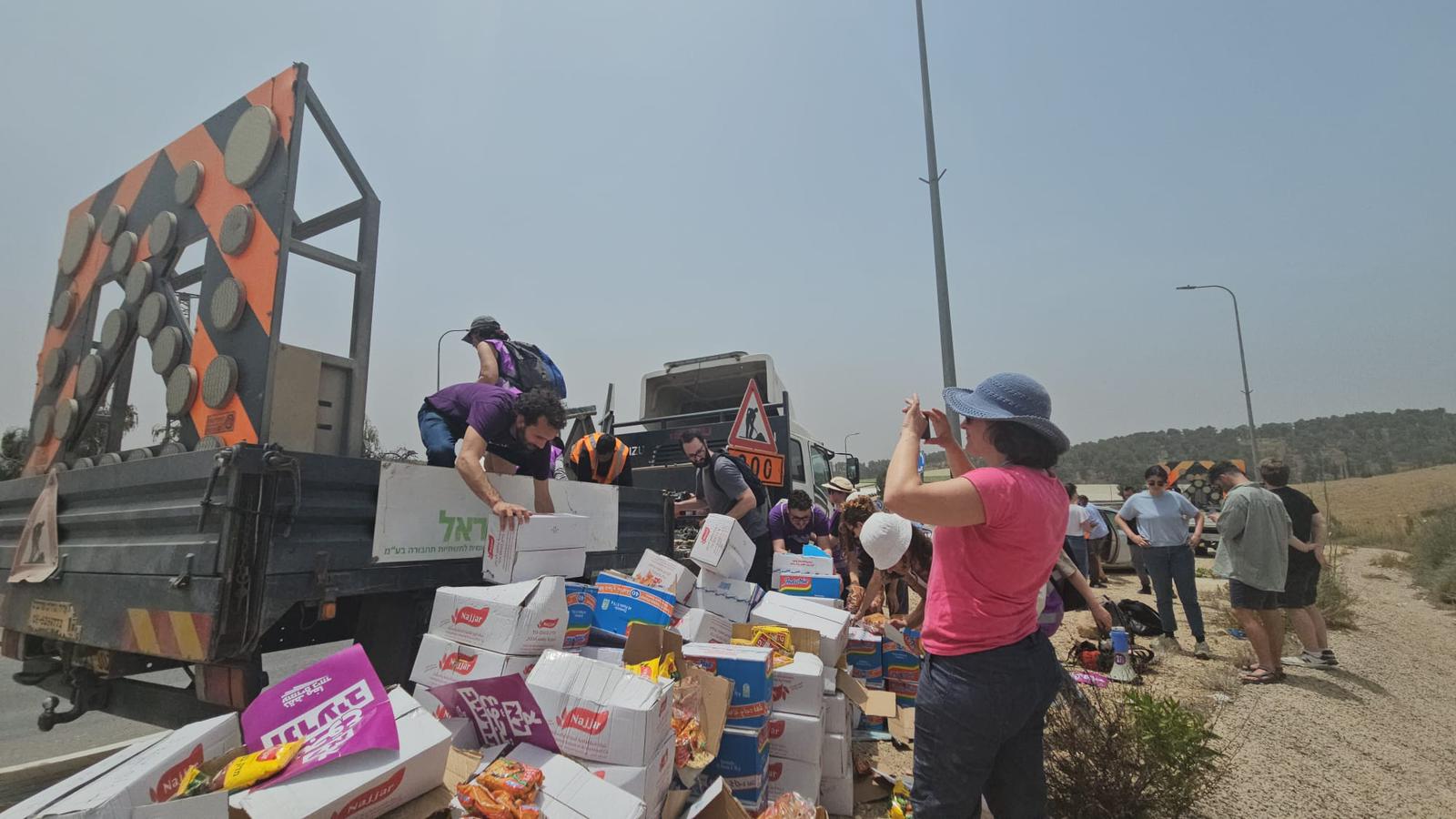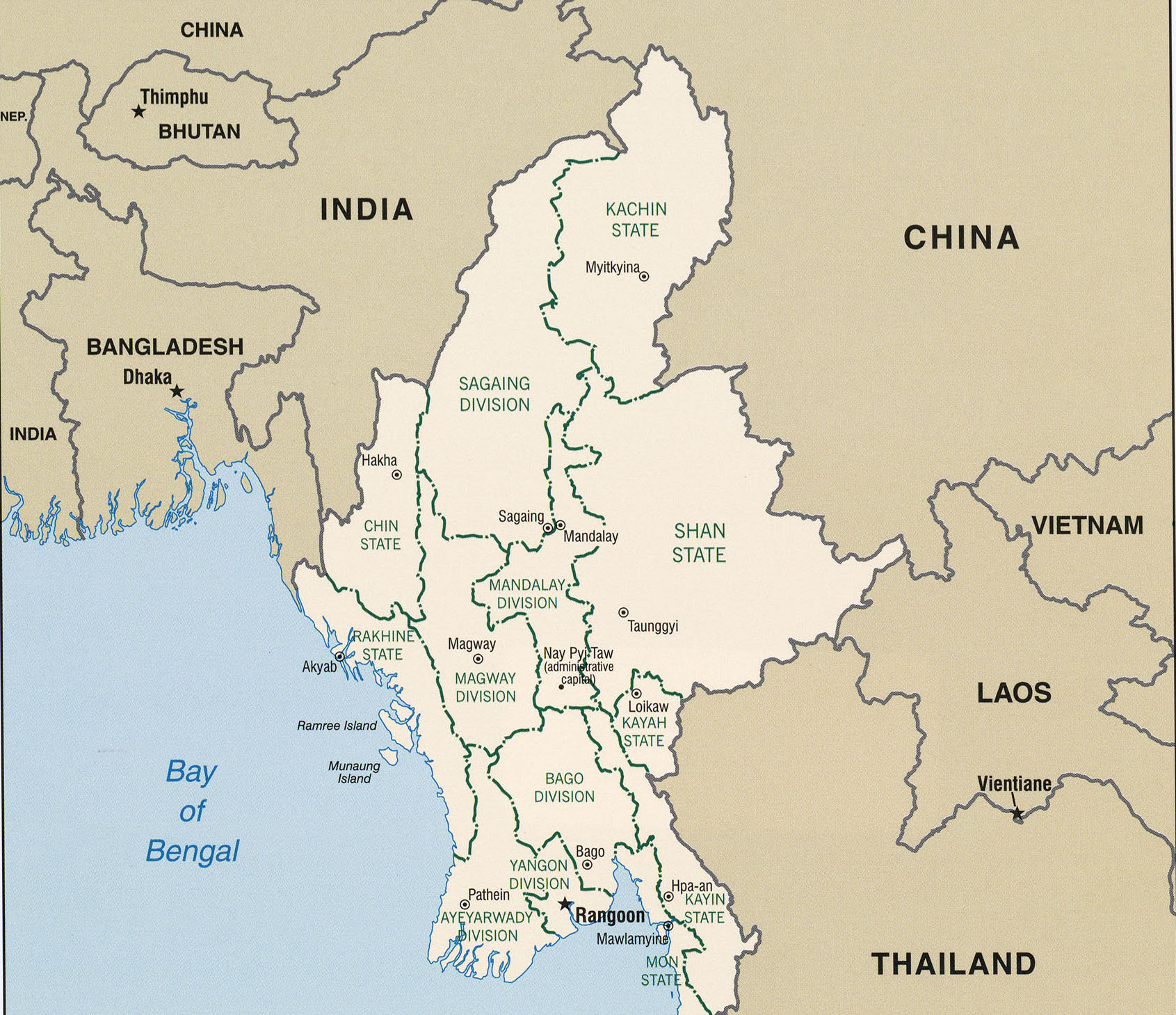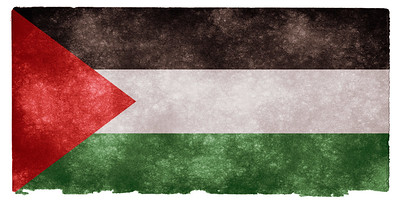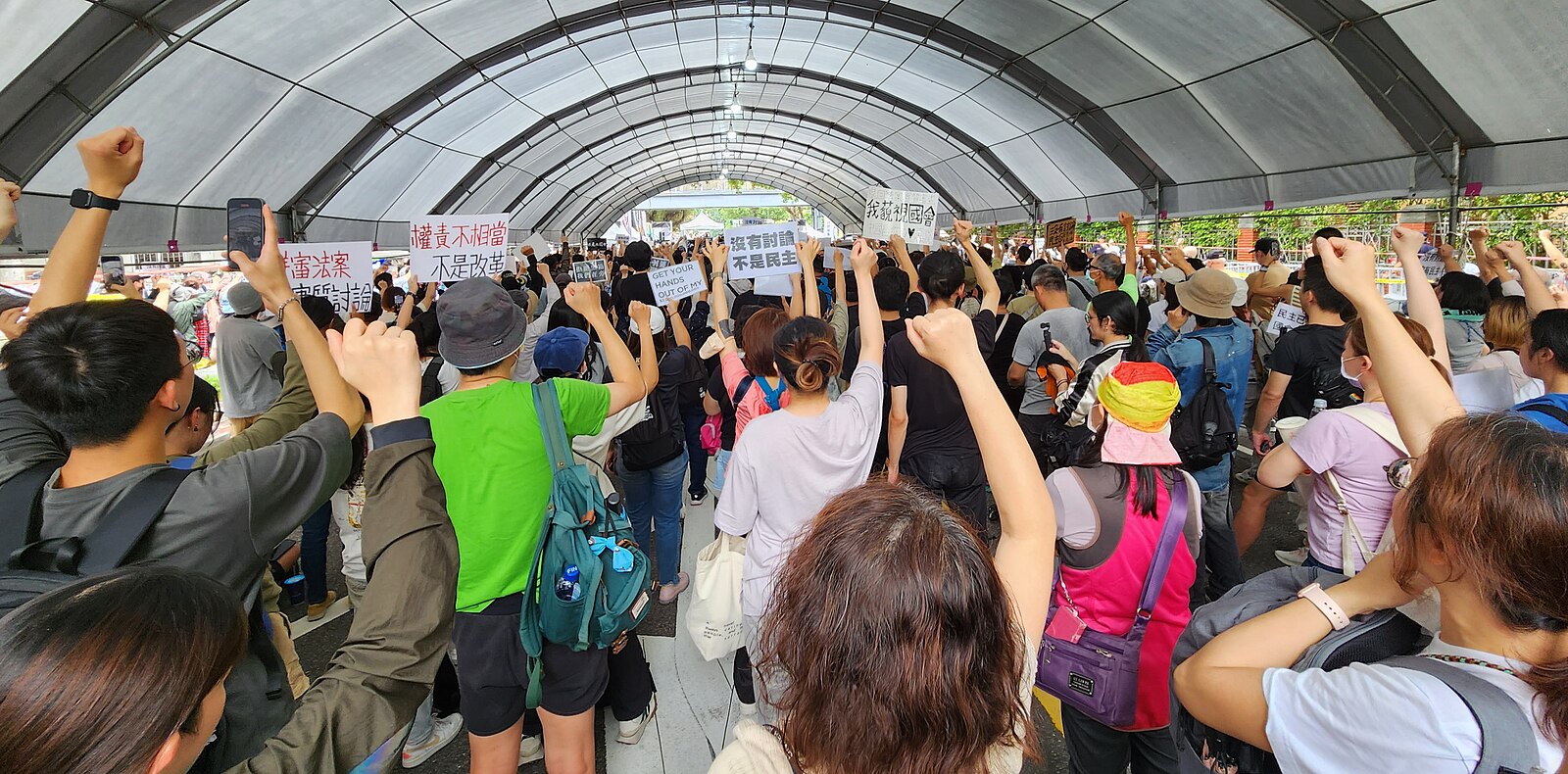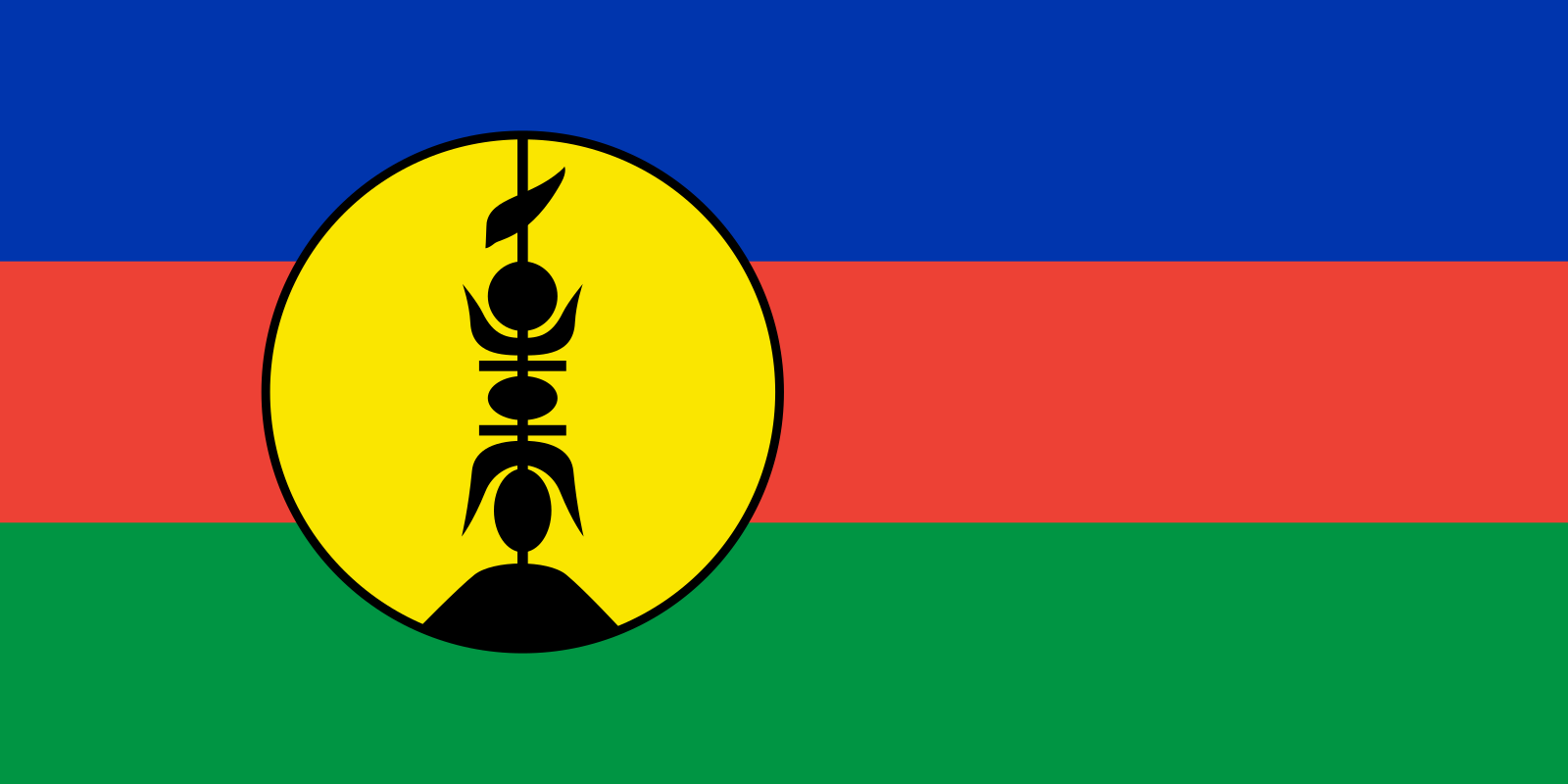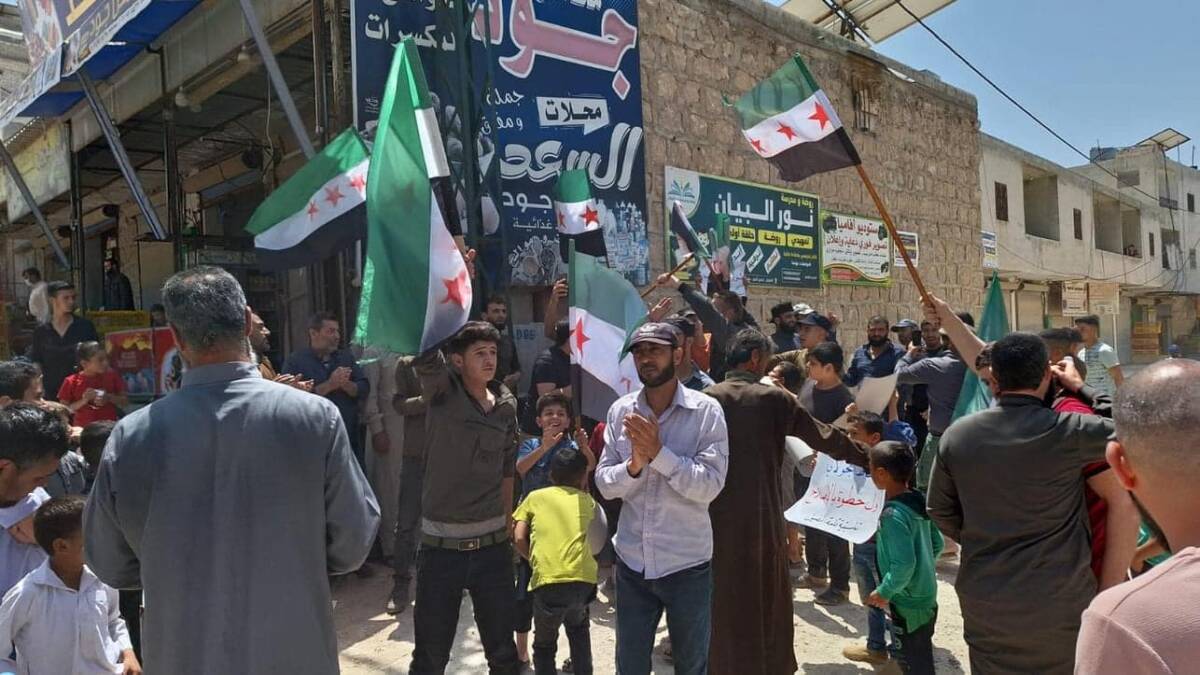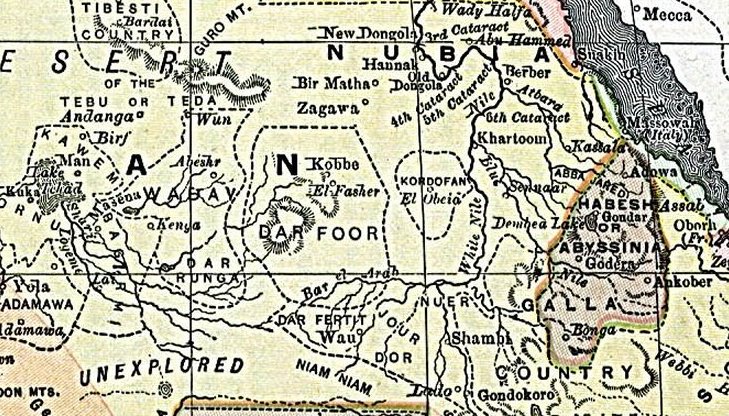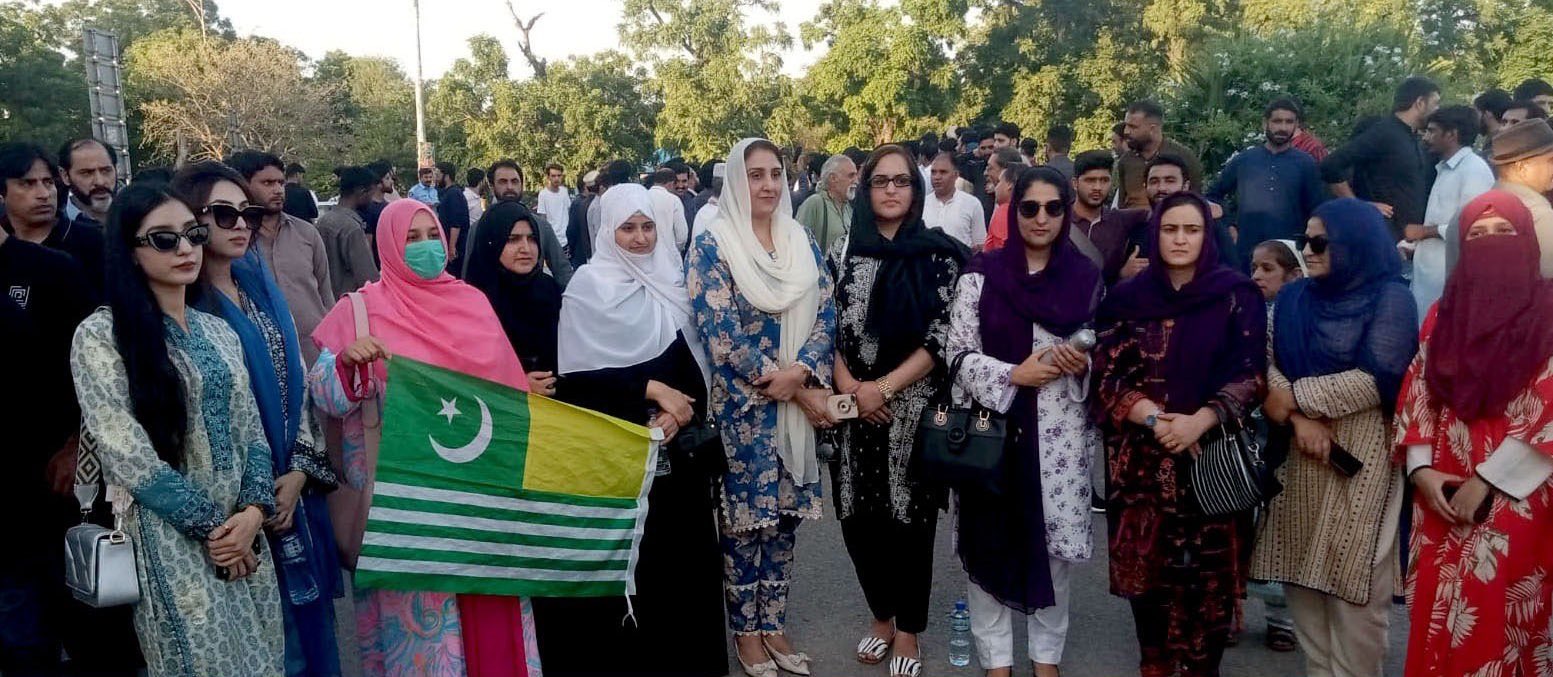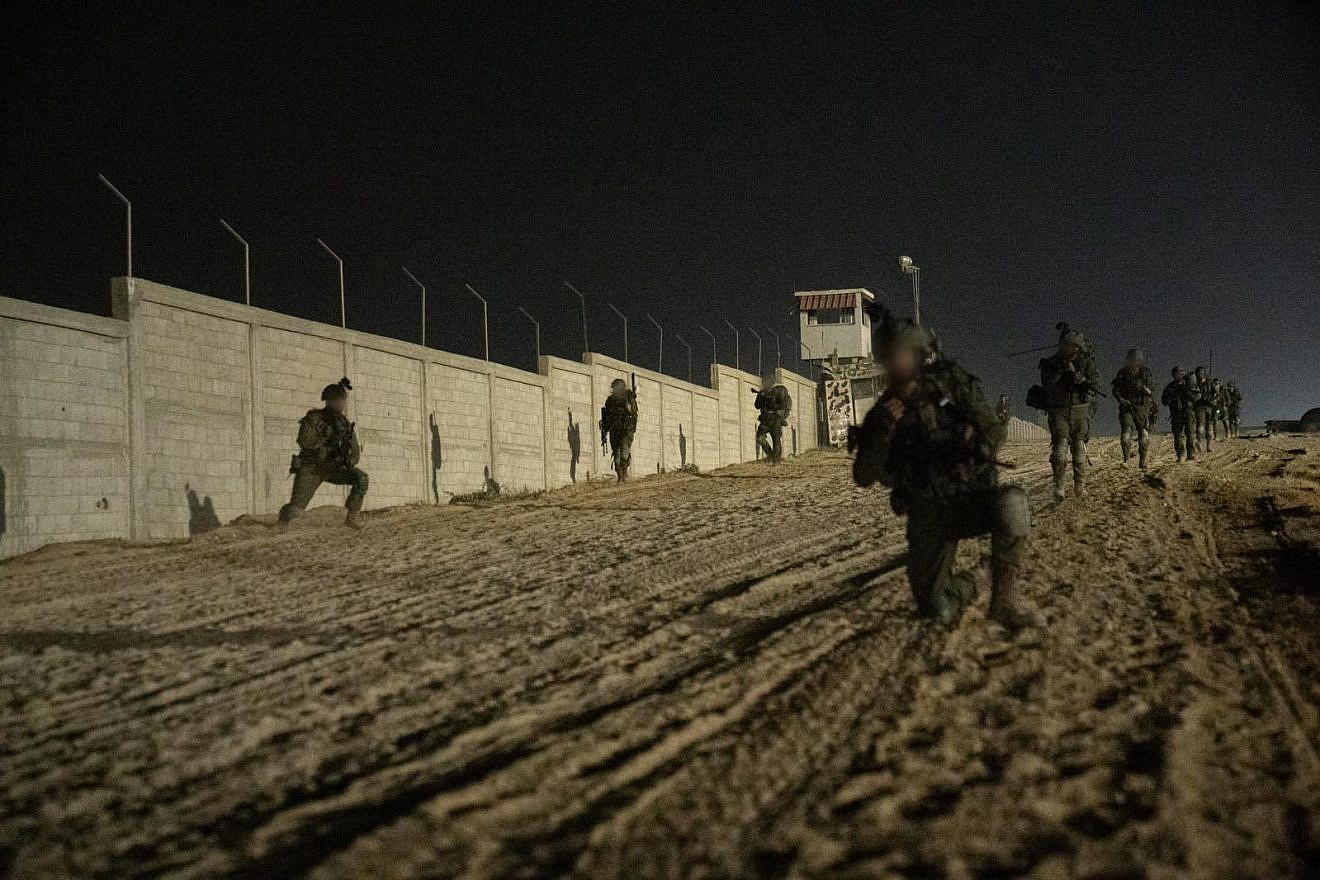
Israel seizes ‘buffer zone’ on Gaza-Egypt border
The Israel Defense Forces took “operational control” of the Philadelphi Corridor, the strip of territory running along the border between Egypt and Gaza, claiming it was being used by Hamas to traffic weapons into the Strip. In the operation, the IDF’s 162nd Division said it uncovered dozens of rocket launchers in a network of tunnels under the Corridor. The Corridor, known to the Egyptians as Salah al-Din, had been established as a demilitarized zone under the 1978 Camp David Accords, and its re-occupation by Israel as led to fears that Egypt will “tear up the peace treaty” between the two countries. (Photo: IDF via JNS)



